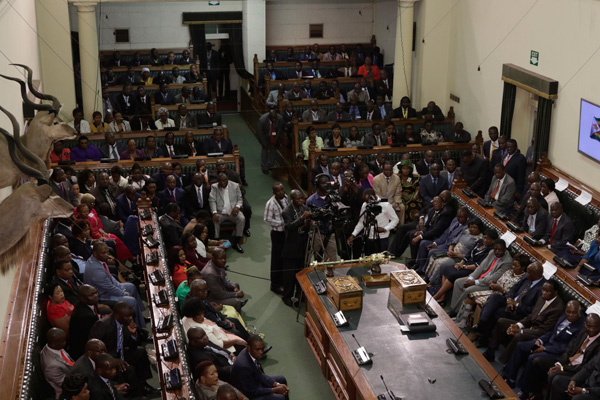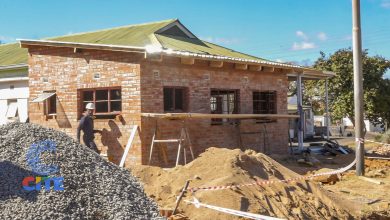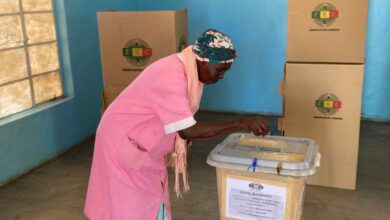Time constraints, numbers limit participation in Parliament: Watson

Time constraints and the large number of legislators in the National Assembly is limiting participation by all legislators in parliament at any given time, Bulawayo Central Member of Parliament (MP), Nicola Watson, has said.
The country’s National Assembly consists of a total of 270 members – 210 directly elected and 60 women elected through the proportional representation (PR) system.
Responding to concerns over the lack of participation in Parliament by women elected under the women’s quota, Watson said it was important for citizens to understand how parliament functions before accusing some legislators of not participating.
“I think that there is a misunderstanding of how Parliament works,” said Watson, a former Bulawayo PR MP Wednesday during This Morning on Asakhe, a programme hosted by CITE on Twitter Space.
“You say Oh, they (PR women MPs) don’t want to bring up motions. They’re scared to ask questions, but the questions you ask in Parliament, the motions you bring in Parliament are not supposed to be on a political party basis. They’re supposed to be national.”
She explained further: “I think that for me the problem in Parliament is 270 people. In two and a half to three hours in an afternoon, three afternoons a week somebody’s not going to be heard because it’s just physically not possible. And there’s so much work if you look at an order paper. I think that one day you should do (Twitter) spaces on how Parliament actually works? How does the business of Parliament work?”
She said it was not true that PR MPs do not have a role in Parliament by virtue of not having constituencies, arguing they make significant contributions through various Parliamentary Committees.
“For example, the proportional representation MPs from Bulawayo represent the people of Bulawayo and they are perfectly able to bring issues that apply to Bulawayo to Parliament, as I actually was able to do in 2013 when they sit on their committees, they can represent either women or the issues from the province from which they come,” she said.
She added: “To be perfectly honest with you, the experience for me from 2013 to 2018, I think what’s different for the PR MPs who went in, in 2018 and have gone through the Parliament to date for the simple reason that the politics was more settled.”






